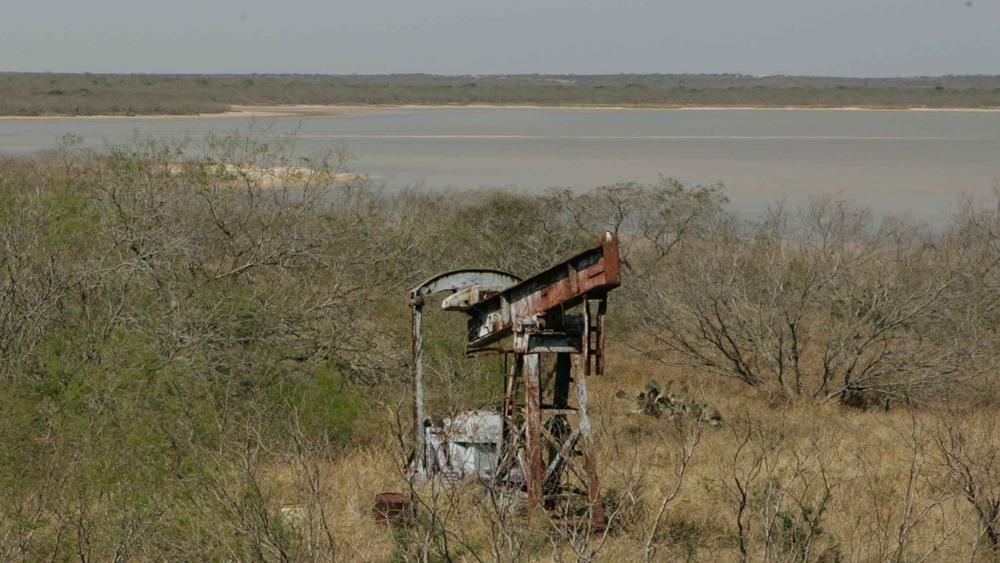- An Alliance For Community Action
- (970) 256-7650
- info@WesternColoradoAlliance.org
Will Colorado be left holding the bag for oil and gas operators?
Will Colorado be left holding the bag for oil and gas operators?

The Colorado Oil and Gas Conservation Commission (COGCC) is poised to begin the process of creating new financial assurance standards for oil and gas wells drilled in the state. The commission, which is tasked with protecting “public health, safety, welfare, the environment and wildlife resources” as mandated by Senate Bill 19-181, is seeking to revise its existing bonding requirements to fall in line with its new mission statement.
Before the enactment of this legislation, the COGCC was directed to “foster the responsible, balanced, development and production and utilization” of oil and natural gas. This shift in priorities has resulted in profound improvements in Colorado’s oil and gas regulatory framework, including robust protections for vulnerable wildlife populations, ending the practice of burning or venting excess methane during production, and ensuring that most new oil and gas wells will be drilled at least 2,000 feet away from schools and homes.
Now, the COGCC is turning its attention to how it ensures that operators — and not taxpayers — will pay to clean up wells once they reach the end of their productive lives. In Colorado, when an operator chooses to drill a well, they must first post a bond with the state that acts as a financial assurance that they will plug the well after production and restore the land on which they operated. If the operator fails to do so, the state will collect the money posted through the bond, and use it to plug and reclaim the well site.
At least, that’s how it’s supposed to work.
In practice, the financial assurance requirements Colorado currently implements are wholly inadequate. Despite the average price of plugging and reclaiming a well in our state being well over $80,000, present rules only provide for a fraction of that amount to be held in bonds before production can begin. Operators in Colorado can bond up to 99 wells for just $60,000, and for $100,000, there is no limit at all. As a result, there are wells throughout the state that have less than $1,000 in bonds as assurance that operators will clean up after themselves.
There are some 60,000 documented wells throughout Colorado; of those, over half produce less than 15 barrels of oil or 90,000 cubic feet of natural gas per day.
These low producing wells (colloquially referred to as “stripper wells”) are approaching the end of their useful production life. Without adequate financial assurances, these wells will frequently be transferred to smaller operators, who will pump the last dredges, declare bankruptcy, and leave the mess for the state (that is, taxpayers) to clean up.
Unfortunately, bonding rates are so low that Colorado only has about 2% of the funds needed to cover the liability all wells represent.
If Colorado fails to take action, unplugged wells will continue to vent dangerous fumes and climate change inducing methane into the air, and pollute our groundwater as aging infrastructure corrodes due to lack of maintenance. As such, our Alliance will continue to fight for policy solutions that promote public health and economic justice, and will be at the table to remind the COGCC of their new mission throughout the financial assurance rulemaking.
Brian joined Western Colorado Alliance as a community organizer in April 2020. With a professional background in elections and the court system, Brian specializes in working with our partners to shape oil and gas policy. Having grown up on the Western Slope, he is committed to working toward a strong, sustainable future for our community. Brian also volunteers with Mesa County Library’s literacy and pathway to citizenship programs. As an avid board game enthusiast, he enjoys opportunities to strategize and build winning coalitions. Brian received his bachelor's degree in political science from Colorado Mesa University, and his master’s degree in public administration from the University of Colorado Denver’s School of Public Affairs.

